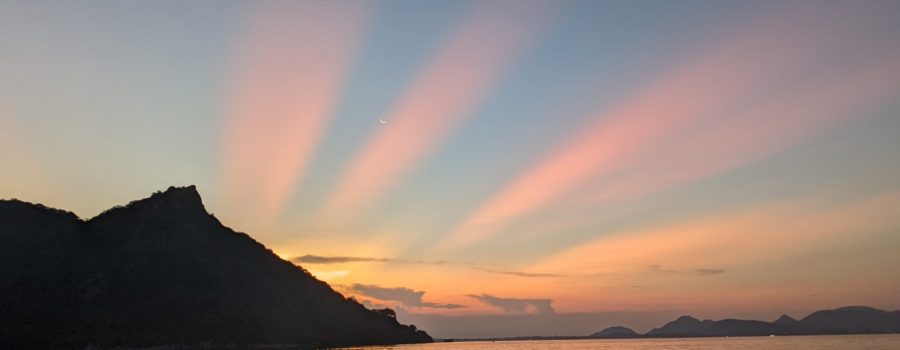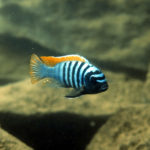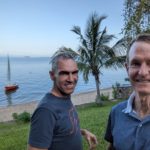Last Thursday was Martyr’s Day, a Malawi national holiday. Shops and banks were closed. The 51 martyrs being remembered were killed in March 1959 by British colonial troops during pro-independence protests. Like many holidays of this nature, most people seem to focus more on the holiday’s advantages (no work!) than its significance. I am no exception.
A Thursday holiday is the perfect excuse for a 4 day weekend at The Lake. Though the country has several lakes, the words “The Lake” refers to only one: Lake Malawi. During my four days of sun and swimming, I learned a few things while relaxing and trying to avoid sunburn.
Lake Malawi is sometimes referred to as the Calendar Lake. It is 365 miles at its longest and 52 miles at its widest. The entire western shore is Malawi. Its eastern shore is made up of three countries. From north to south, they are Tanzania, Mozambique, and Malawi. Its entire shoreline is mountainous, making it very picturesque.
The Lake is at the far southern end of the Rift Valley, with only one lying farther south. Lake Malawi is the second largest and second deepest of the Rift Valley, bested only by Lake Tanganyika. Of course, Lake Tanganyika is the second deepest lake in the world. And we all remember the identity of the world’s deepest lake from eighth grade geography class, correct?
The Lake contains gorgeous fish, easily visible while snorkeling. They are cichlids, striped fish from 4-8 inches long, in yellow, blue, purple, and even orange.
The Lake contains gorgeous fish, easily visible while snorkeling. They are cichlids, striped fish from 4-8 inches long, in yellow, blue, purple, and even orange. Cichlids stay close to shore. They carry their eggs in their mouths during gestation. Once I knew what they were, I have kept my eyes open for cichlids when visiting aquariums around the world. I think they make popular aquarium fish because they are beautifully colored yet live in fresh water.
A fact I did not know prior to this weekend is that Lake Malawi was the site of the British Empire’s first naval victory in World War I. Malawi (then Nyasaland) was a British colony. Tanzania (formerly German East Africa) was, obviously, German. The British had excellent communication systems with their colonies. After War was declared, the British telegraphed the fact to their most distant colonies with instructions to engage all Germans. Without the knowledge that their countries were hostile to one another, the only German gunboat on Lake Malawi was destroyed in August 1914. This came up in two separate conversations during the weekend. I remain perplexed as to how this piece of common knowledge previously failed to enter my consciousness.
We spent our 4 days at The Lake with two groups of friends. Our first hosts enjoyed doing nothing, eating well, with occasional trips in their ski boat to a nearby island. There we saw plentiful wildlife including otters, monitor lizards, hundreds of cormorants, and several African fish eagles. We swam with cichlids, keeping our eyes open for crocodiles. After two days, we move to stay with our second hosts. They were very active with almost continuous sailing, paddle boarding, canoeing, or swimming. It was a joy to have a bit of both. In both locales we watched glorious sunrises and sunsets. Unfortunately, all 4 day weekends must come to an end. Yesterday we returned to Blantyre, refreshed and semi-ready to begin “real life” anew.








